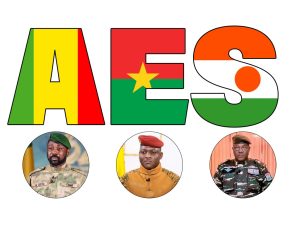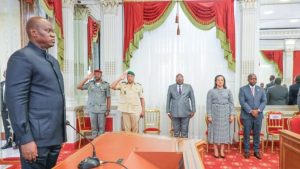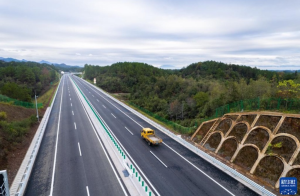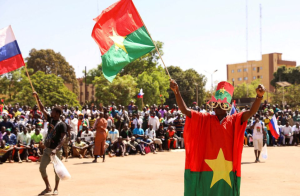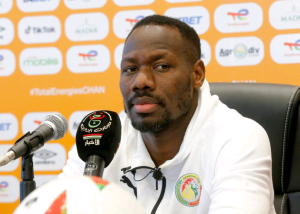Morocco–Sahel: Towards a sovereign and integrated refoundation thanks to the Atlantic initiative
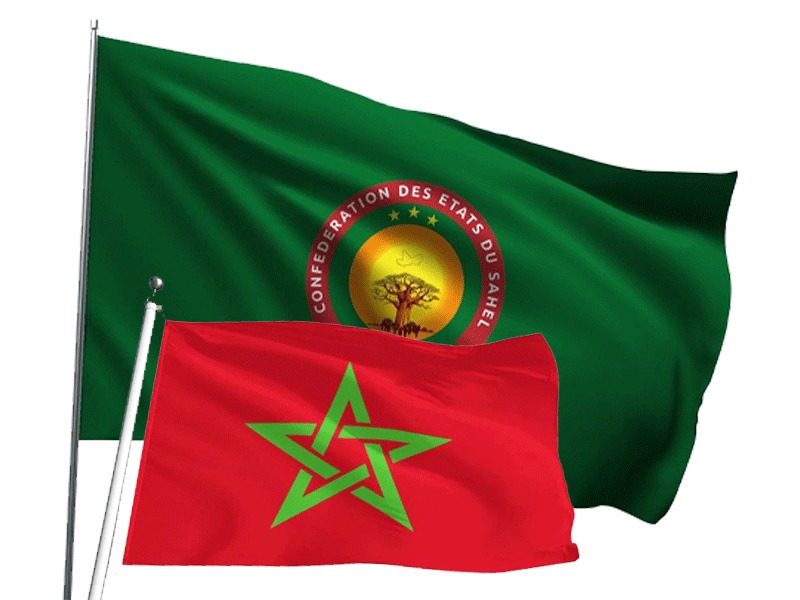
On the sidelines of the 80th United Nations General Assembly in New York, the foreign ministers of the Sahel region took a decisive new step in the political and economic restructuring of the Sahel in partnership with Morocco with “the Moroccan Atlantic initiative”.
This royal initiative, both bold and visionary, goes beyond merely offering geographical access to the Atlantic Ocean; it embodies a genuine project for regional emancipation a strategic lever to affirm the sovereignty of Sahel nations and catalyze their endogenous development.
The Moroccan Atlantic Initiative, championed by King Mohammed VI, is a major political act that transcends traditional divides and anchors South-South cooperation within an integrated framework.
By establishing a direct maritime corridor for landlocked Sahel countries, it opens new horizons for diversifying trade routes, boosting economic exchanges, and reducing the structural dependencies that have long hindered regional growth.
Related: Morocco–Niger: A strategic military cooperation in the service of regional stability
It is an invitation to reinvent economic logic by leveraging territorial complementarity in the service of shared prosperity a true antidote to recurring security and social crises.
On a practical level, the progress made during this meeting offers tangible hope. Cooperation mechanisms are taking shape, commitments are being clarified, and an ambitious roadmap is emerging.
This collective effort reflects a sovereign will to shape their own destiny, free from external interference, by building a strong alliance around a unifying project.
It also underscores the realization that the sustainable development of the Sahel depends on the consolidation of an integrated space where security, economy, and governance mutually reinforce one another.
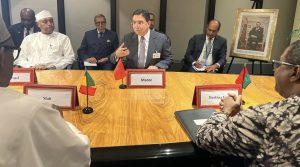
For the three countries of the Alliance of Sahel States (AES), this initiative carries additional strategic significance.
It aligns with the institutional and economic restructuring driven by the AES, fostering the emergence of a united, resilient, and autonomous Sahel.
The Atlantic Corridor thus becomes a catalyst for infrastructure, investment, and innovation projects capable of sustainably transforming the lives of millions of Africans.
This meeting symbolizes more than mere bilateral cooperation; it represents the expression of a tangible Pan-Africanism, embodied through strong, sovereign, and forward-looking public action.
Dominique DAO


